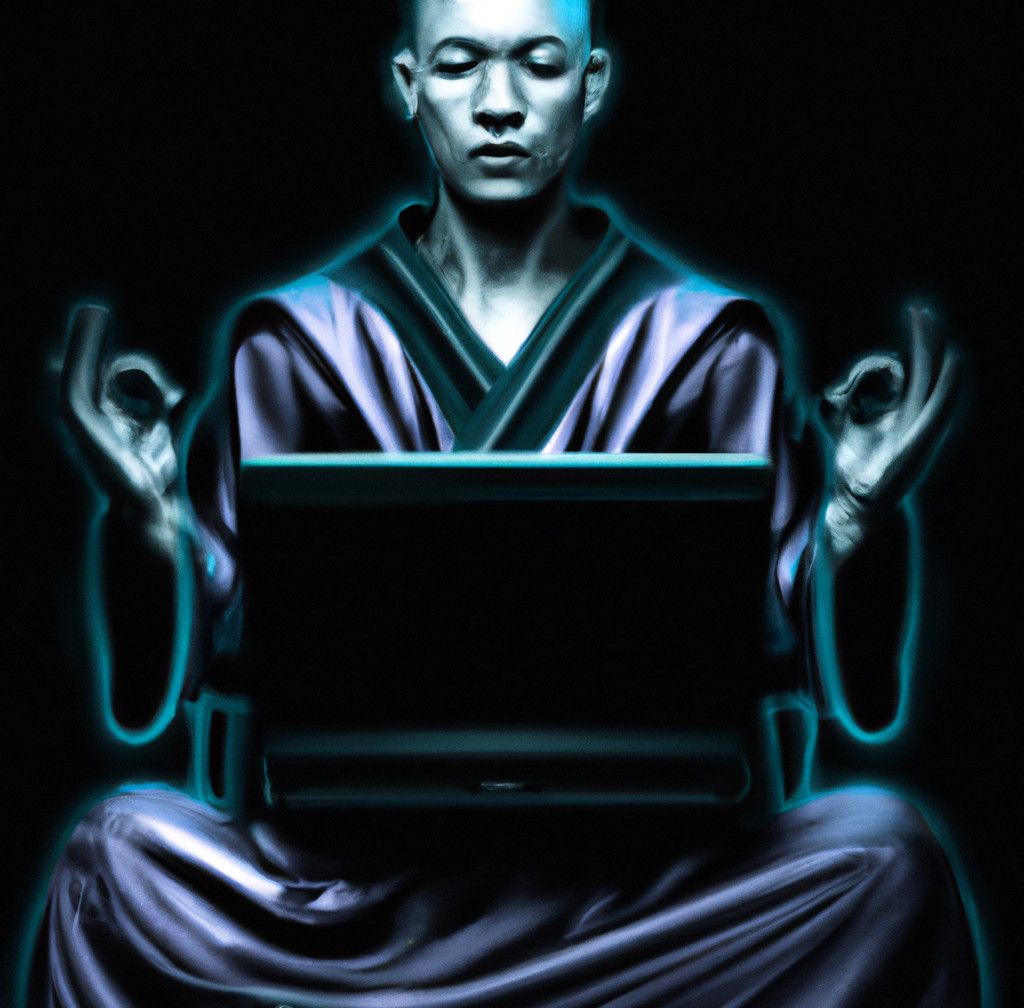What is Wise-Tech?
Wise-tech: the wise use of technology. Use the tools without becoming the tool.

At the heart of it, Wise-tech is about using technology wisely, where possible. I mainly use it to refer to software, smartphones and computing technology, though really it can apply broadly.
Wise-tech is technology that:
- does its thing with minimal deliberately designed hidden downsides and strings attached.
- respects its users, their minds, their time, their culture and their health.
- aims to solve real problems for its users rather than create dependencies and addictions.
- does not use Dark-patterns.
- does not aim to create lock-in, or planned-obsolescence.
- does not aim to distract, mislead, extract excessive information, mind-control, time-waste, attention-seek or brainwash.
- uses algorithms, data, and AI responsibly, securely and respectfully.
- often has bigger goals than creating a machine to funnel money from the hands of the many to the few.
- often takes environmental protection aspects seriously (not just green-washing). This can include building hardware products to last a long time and convincing users not to upgrade frequently.
Unwise-tech is use of technology that does not meet the above criteria. But unwise-tech can be used in wise ways, by finding workarounds to avoid the issues.
Dont get me wrong, there is nothing strictly "bad" about Unwise-tech, it is what it is and I am grateful for it. I use it sometimes when the downsides are mild and the benefit is worth it. It may be wisest to do so, all points considered. Founders, developers and investors put huge effort and ingenuity into building any tech and it brought us a lot of convenience.
However, I hold a few things about my experience sacred, and if anything imposes on that I'll take the steps to secure it. It is only wise to do so. Occasionally it will come at the cost of convenience but that is something to weight up in each case. Often the distraction-free experience is simply worth it.
Personally, I find the easiest way to find wise alternatives to popular software is to stick to open source versions where possible, and avoid mainstream news and social media which tends to be riddled with dark patterns and algorithmically driven clickbait. Unfortunately for those who are not tech savvy, using alternative software can be difficult but they are certainly improving in usability as the years pass.
Examples of Wise-tech (or wise use of unwise-tech)
- Open source software is generally wiser than closed source (though not always). The maturity and usability of open source needs to be considered, though its always improving, and products employing dark-patterns tend to always be getting darker.
- Using a wise-tech ad-blocker (uBlock Origin) to visit unwise-tech websites.
- Using a wise-tech browser extension ("Improve YouTube!") to watch YouTube without some of the dark-patterns and distractions such as recommendations and comments next to videos.
- Installing an open source operating system (e.g. Ubuntu) instead of Windows, which keeps you in control of your PC experience and avoids lock-in and forced upgrades.
- Turning off notifications, actively avoiding mainstream media and mainstream social media unless strictly necessary.
- Replace Facebook Android app with Frost open source interface.
- Paying for software instead of using free versions, if the dark patterns and distractions are reduced by paying (although this is usually futile. For example if I pay for YouTube, they still do not let me disable clickbait content and obnoxious Shorts).
- Self-hosting services on your own home server, such as file storage, documents using Nextcloud. There may be an inconvenience of having to build, secure, backup and maintain it, which needs to obviously be weighed up.
- Using fediverse applications for social media (e.g. Mastodon)
- Using non-VC fueled products such as Zoho, or products whose owners have other goals than simply maximum profit.
- Subscribing to sites and creators using RSS.
- Using an alternative front-end app to access a service, which gives you a lot more control and privacy, e.g. FreeTube or NewPipe to access YouTube.
- For those who are not tech-savvy or looking for a smooth out-of-the-box experience with minimal thinking or customization, an ecosystem like Apple might serve them well (if they have deep enough pockets). Even though it comes at a significant cost of lock-in and planned-obsolescence, it generally lacks dark-patterns and many other problems.

